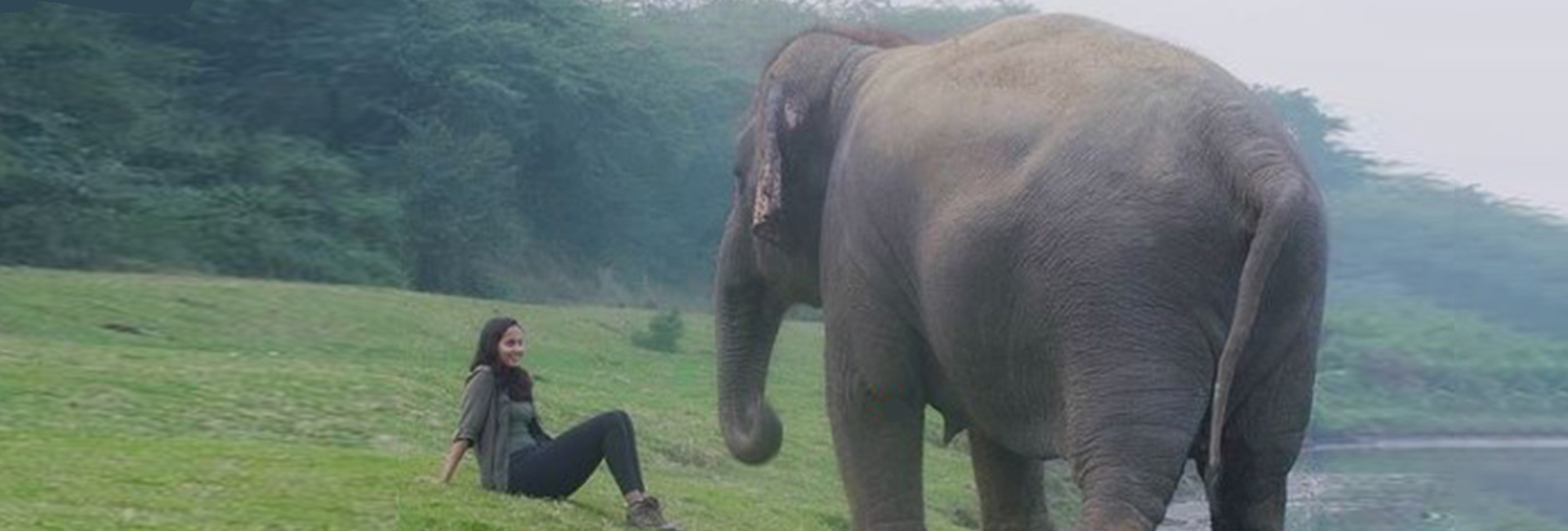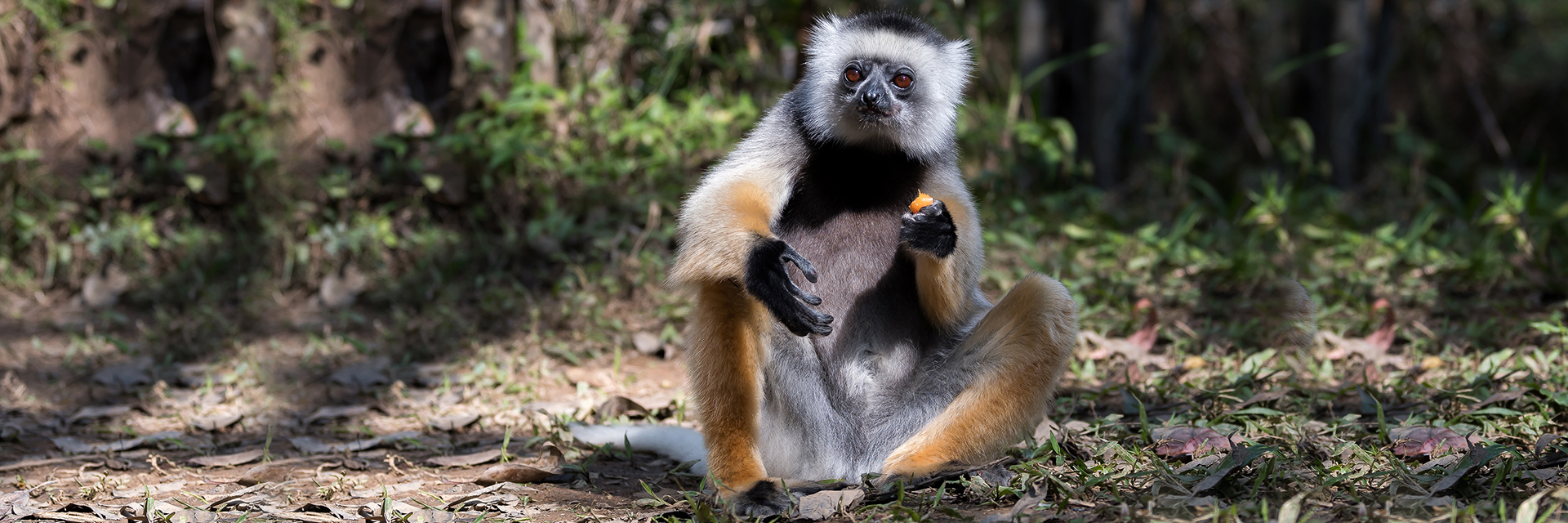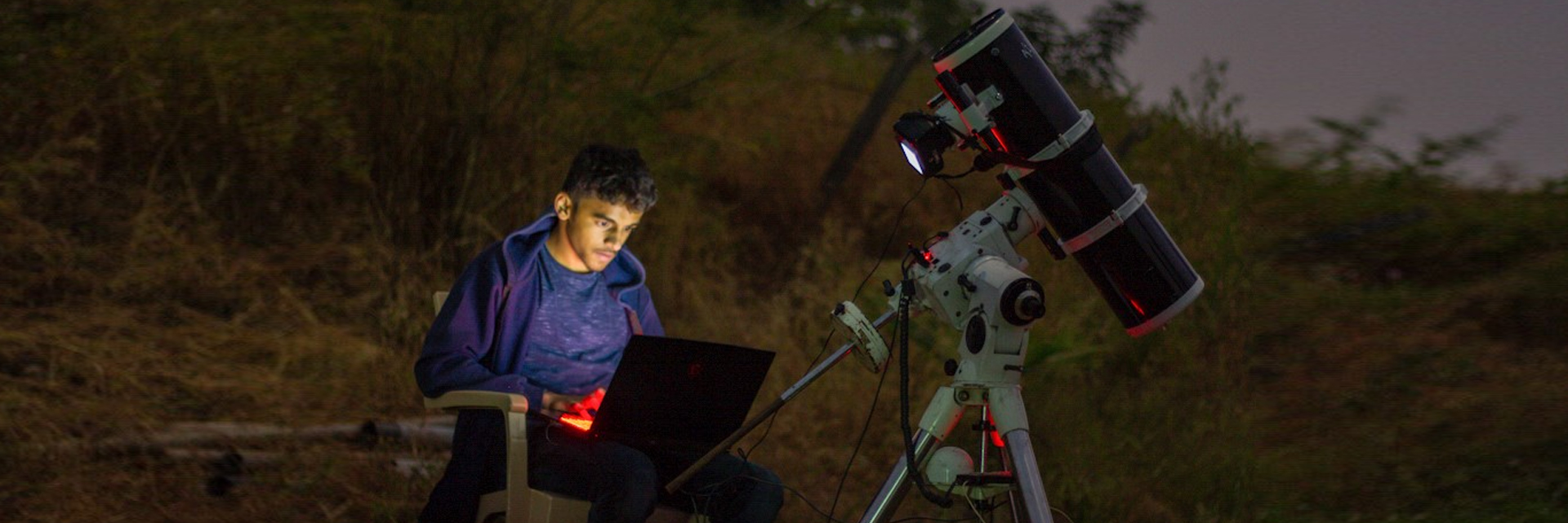(July 11, 2024) It was a pair of red vented bulbuls that changed Aman Sharma’s life, when they built their nest on his balcony. He happened to have a camera, and would take photos of the beautiful little birds. And the rest, as they say, is history. By this time, frequent family trips to national parks had already sparked a deep love for nature and the teenager was enchanted – he hadn’t really imagined that his bustling city was home to birds beyond crows and sparrows. Aman would wake up at 6 am to spend time observing birds before school. His terrace was his private observatory, and he even set up his own garden, with over 500 plants, to attract birds to his ‘urban jungle’.
View this post on Instagram
Turning a Hobby into a Movement
“When I asked my school teacher and my family, they had no idea there were so many species in the city itself,” he says. So, he founded the ‘Cuckoo Club’, a series of nature walks and visits to nearby national parks, conducted by children for children. “Soon, we became India’s largest birding community for youth by youth.” He went on to become India’s youngest wildlife photographer, as well as a vocal advocate against climate change on international platforms. “In our curriculum we are not taught beyond education. We are not taught about the wildlife that exists beyond our backyards. How many people know that Delhi is the second-most bird-populous city in the world, with more than 500 species of birds. Almost 18 years of being in school and I was never taught this,” he says.
Achieving Global Recognition
Now twenty years old and a student at the University of Pennsylvania, the Global Indian is a three-time TEDx speaker and Nikon’s youngest ambassador. In 2019, his petition calling for a climate emergency gathered 1.2 million signatures across 70 different countries. That’s not all. The EU, Austria, UK and the state of New York actually declared climate emergencies, and Aman gained appreciation from Leonado Di Caprio and Greta Thunberg. That year, he also received an invitation to speak at the Climate and Peace Summit, Oslo Pax. Aman also the first Indian photographer to be featured in Times Square, New York.
View this post on Instagram
Connecting Generations Through Nature
Aman’s Instagram page Birds of India, has over half a million followers and he looks every bit the teen that he is as he goes on shoots with his mum by his side. His parents helped him find his love for nature at a young age. “They used to take us to national parks and forests as kid for our family holidays,” he said, in an interview. And he realised, that although we share our land with thousands of other species, there is still a big gap between human lives and nature. “I started taking school kids out to urban wildlife spaces, and national parks, by co-founding the Cuckoo Club,” Aman says. “I wanted to spread the idea that bird watching can be done by young children as well.”
As he entered his teens, Aman began sacrificing the “parties and weekend outings with friends” to travel instead. He would head to the hills of Uttarakahand and the deserts of Rajasthan, to document India’s immense variety of avian life. “I wanted to bring attention to India’s wildlife and national heritage. That is when this turned into a passion more than a hobby.”
A Journey Supported by Family and Education
View this post on Instagram
In those early days, the young wildlife photographer wouldn’t always carry a high-end DSLR with all its trappings. He chose his Samsung phone instead, which was portable and allowed for more spontaneous shots. In fact, in 2020, during a Hampta Pass trek in Manali, he took a photo. He took it down later, thinking it wasn’t good enough. A couple of months later, during another road trip, he received an email from Samsung India, asking to feature his photograph. Although this was in the middle of the pandemic, offers began pouring in and Aman soon established himself as a wildlife photographer.
When he went to summer school at Ashoka Universities, a professor there told him about Environmental Studies. Aman immediately caught on to the idea, and was accepted into the University of Pennsylvania, after which he hopes to work in the climate and conservation space.
Follow Aman Sharma on Instagram





So good and informative.